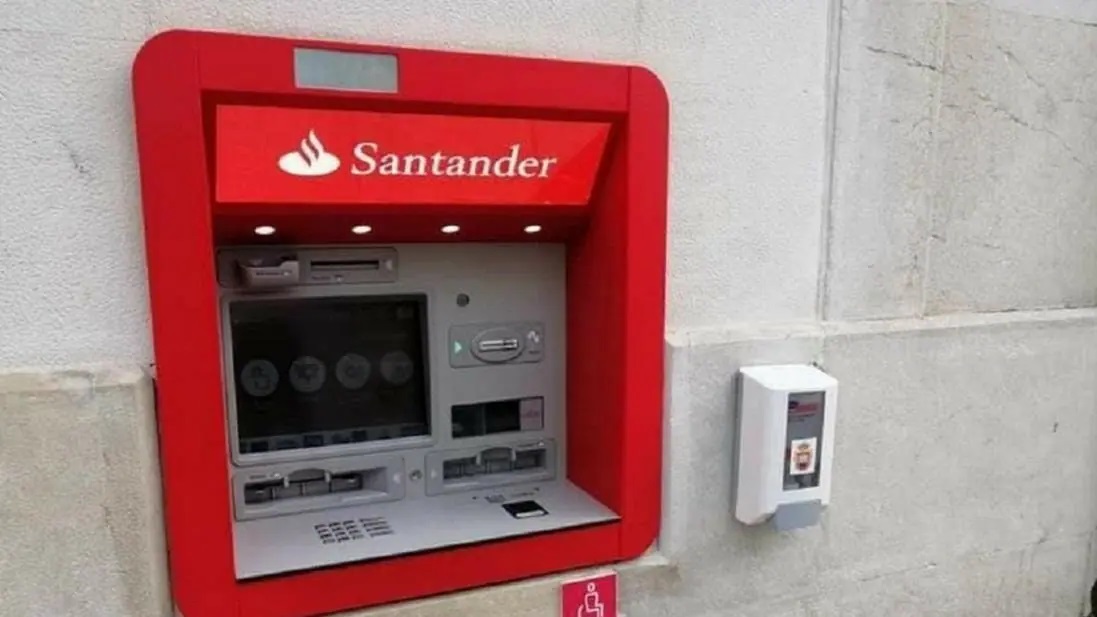As usual in the run-up to the summer session of the Cuban parliament, some new announcements has been made. One of them concerns the area of foreign investment in trade. Since last August, the island has been looking for investors to expand its wholesale and retail trade amid the current supply crisis. Although the original timetable for the start of new bussiness in this sector in May could not be met, things seems to get moving.
As Foreign Trade Minister Betsy Díaz Velázquez announced to a parliamentary working committee last Tuesday, 10 contracts have now been signed and sealed: five for the establishment of joint ventures, three international economic associations in wholesale trade and two projects that use both modalities.
For example, the Spanish-Cuban home improvement joint venture Gran Ferretero S.A., the first to be formed last October (Cuba Today reported), recently began operations on a small scale. Sales are limited to wholesale needs and are aimed specifically at small and medium-sized enterprises (SMEs). It is to be followed in September by FAIBUS S.A., a company dedicated to the sale of food, hygiene products and household goods.
In total, there have been 43 visits from investors from 15 countries since the opening of wholesale and retail trade. As Díaz Velázquez acknowledged, despite the importance the government attaches to the issue, not everything went smoothly: “delays in procedures, inertia in the enrollment of property ownership, lack of prior experience and uncertainty about the effectiveness of the financing plan” were cited by the minister as major problems.
In terms of financing, the situation for investors may soon improve: For the first time in decades, a foreign bank will gain a foothold in Cuba. Banco Cooperativo Alto Cedro S.A. received the green light for its constitution last week. It will operate as a 100 percent foreign subsidiary of Madrid-based Alto Cedro Finanzas Internacionales, S.L., which has been established in Cuba since 2020. Alto Cedro, in turn, is part of Spain’s Santander Bank, which first opened a branch in Havana back in 1947.
As the law on enrollment indicates (PDF), Alto Cedro is a full-fledged financial institution designed to complement Cuba’s state-dominated banking industry: Among other things, the bank is allowed to maintain accounts in local and foreign currency; issue loans and securities; manage debt and guarantees; and offer insurance and conduct feasibility studies. The “financing of exports and investments using various modalities” was explicitly listed as part of the business model. Contracts with the private sector are also possible – but only after prior authorization by the Cuban Central Bank.
This article was first published on Cuba Heute, a German-language news portal.

